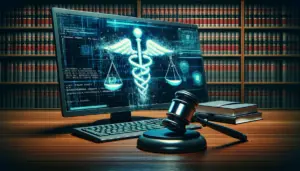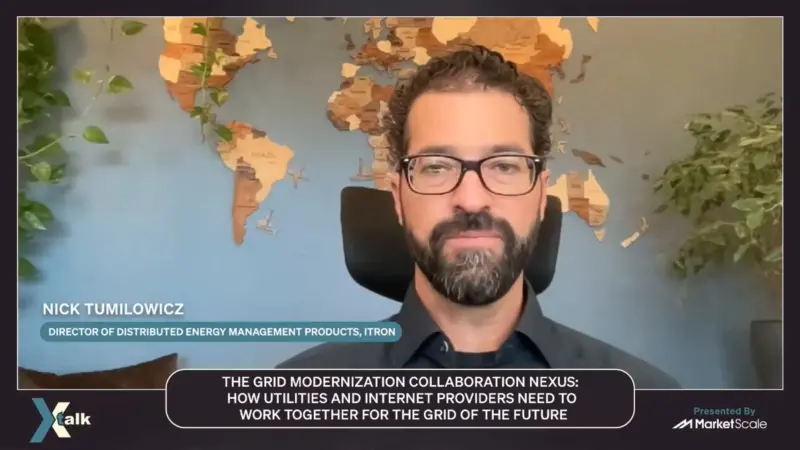New Penalties is a Push to Mitigate Cybersecurity Threats in Telecommunications and Healthcare
Cybersecurity has emerged as a critical issue in telecommunications and healthcare—two industries intertwined as essential services. With both sectors recognized as critical infrastructure, the consequences of cyber attacks can be far-reaching, impacting everything from individual privacy to national security. While recent regulatory changes are aiming to tighten security protocols, it also raises questions about the adequacy and effectiveness of current security practices.
How do the challenges and strategies in cybersecurity compare between telecommunications and healthcare? What impact do new regulations have on these critical industries?
Discussing the subject for an “Experts Talk” roundtable on cybersecurity in healthcare, Michael Isbitski, Director of Cybersecurity Strategy at Sysdig, provided some valuable insight into these pressing issues. Having nearly two decades of experience in telecommunications, Isbitski connected the parallels and divergences in cybersecurity challenges facing the two sectors. He further gave a comprehensive understanding of recent regulations and offered a clear picture of how the cybersecurity landscape is evolving.
Several takeaways from Isbitski’s discussion include:
- The ways cyber attackers quickly evolve, posing continuous threats to critical infrastructure sectors such as telecommunications and healthcare.
- Why the interconnected nature of modern industries means that compromising one can lead to cascading failures across others, highlighting the need for robust security in telecommunications as a backbone.
- Recent cybersecurity regulations across various countries and sectors are aligning more closely with long-standing security practices, emphasizing better access control and intrusion monitoring.
- The critical nature of cybersecurity and how it often competes with financial constraints within organizations, leading to potential vulnerabilities unless regulatory penalties enforce stricter compliance.
- How so many organizations struggle with insufficient staffing and budget for cybersecurity, which can hinder their ability to effectively manage and mitigate risks.
Isbitski’s perspective shed some light on the importance of adopting and adapting to these new regulations to enhance the security and resilience of both telecommunications and healthcare industries.
Article written by Alexandra Simon.






